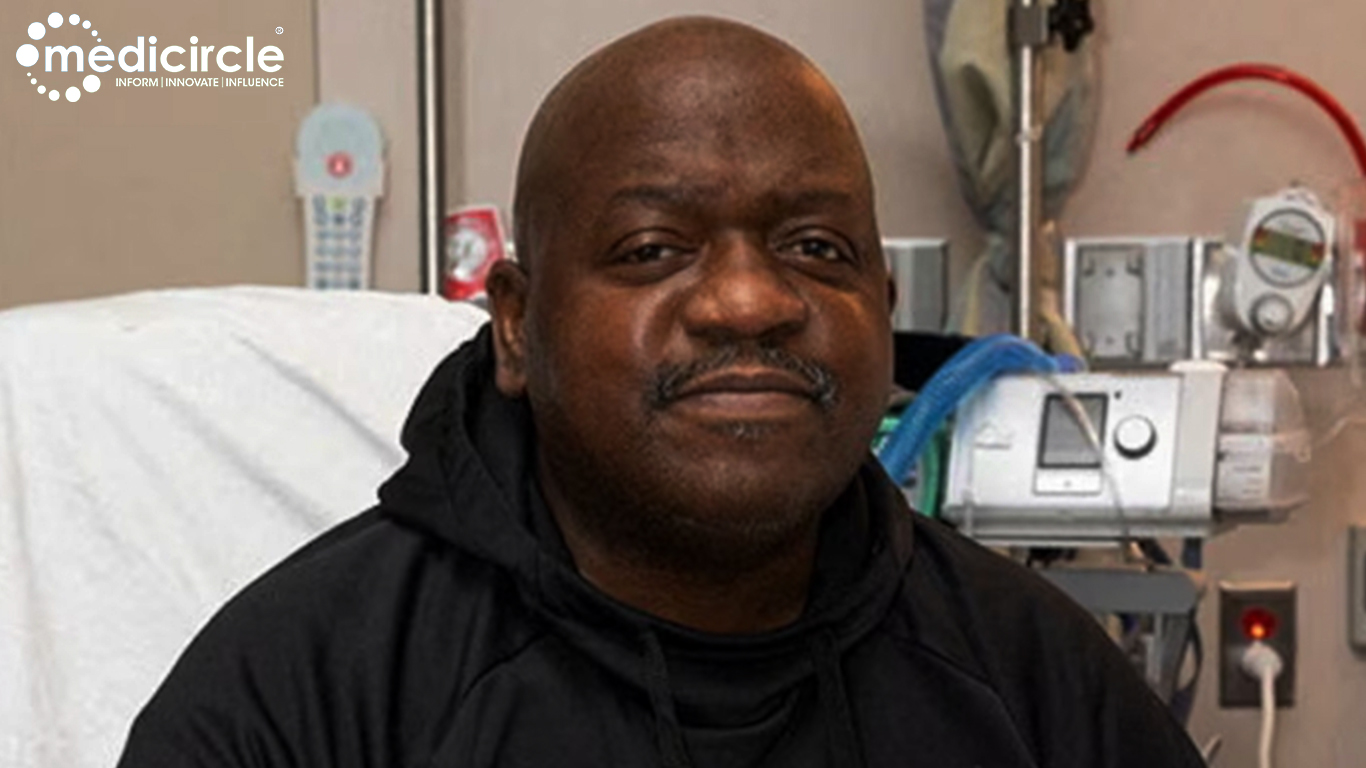The US Centers for Disease Control and Prevention (CDC) on Monday took down its guidance warning on the possible airborne transmission of the novel coronavirus, saying that the draft recommendation was posted in error.
The now-withdrawn guidance, posted on the agency's website on Friday, recommended that people use air purifiers to reduce airborne germs indoors to avoid the disease from spreading.
"CDC is currently updating its recommendations regarding the airborne transmission of SARS-CoV-2. Once this process has been completed, the updated language will be posted," the agency said.
The CDC did not immediately respond to Reuter's request for comment on when the guidance will be updated.
The health agency had said that COVID-19 could spread through airborne particles that can remain suspended in the air and travel beyond six feet.
Presently, the agency's guidance says the virus mainly spreads from person-to-person through respiratory droplets, which can land in the mouth or nose of people nearby.
Earlier this month, US President Donald Trump took exception to comments from the CDC director, who said masks might be even more effective than a vaccine for the novel coronavirus that could be broadly rolled out in mid-2021.
That followed a New York Times report that guidance about novel coronavirus testing posted last month on the CDC's website was not written by the agency's scientists and was posted over their objections.
The World Health Organization has not changed its policy on the aerosol transmission of the coronavirus, it said on Monday.
The agency still believes the disease is primarily spread through droplets, but that in enclosed crowded spaces with inadequate ventilation, aerosol transmission can occur, said Mike Ryan, executive director of the WHO's emergencies program

 The now-withdrawn guidance, posted on the agency's website on Friday, recommended that people use air purifiers to reduce airborne germs indoors to avoid the disease from spreading.
The now-withdrawn guidance, posted on the agency's website on Friday, recommended that people use air purifiers to reduce airborne germs indoors to avoid the disease from spreading.

























.jpeg)






